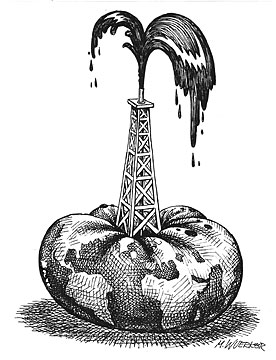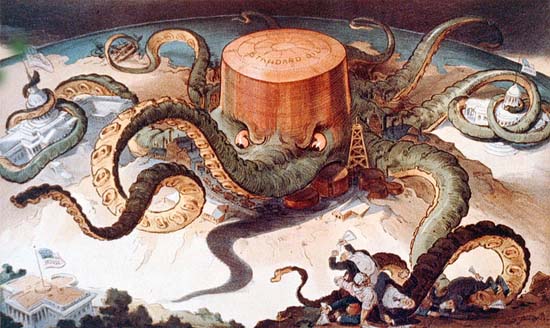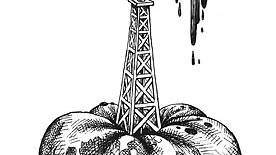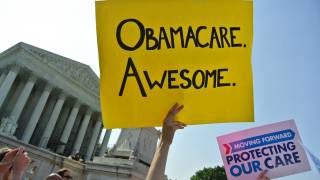Obama taps emergency oil reserves, is accused of threatening U.S. security
Source: reuters.com
President Barack Obama took withering fire from the oil industry and Republicans for agreeing to release the nation’s emergency oil supplies, a decision that senior officials said was prompted by the need to prop up the ailing economy.Critics blasted the release of 30 million barrels of oil -- half of a global injection coordinated by the International Energy Agency -- as an ill-timed misuse of reserves at a time when U.S. supplies are relatively high, despite the loss of Libya’s exports for the past three months.
Some OPEC officials went further, calling it a political ploy that ignored Saudi Arabia’s promise to step up production and the fact that oil prices had already fallen sharply.
But the move fueled questions about the timing and catalyst for releasing the stocks, which in the past have been reserved to address abrupt disruptions like natural disasters.
DRIVING SEASON LOOMS
 The Obama administration was also concerned about tight markets ahead of peak demand in the summer, when many Americans take to the roads for vacations. The jump in gasoline prices earlier this year was hurting Obama’s support as the White House was gearing up for its re-election campaign.
The Obama administration was also concerned about tight markets ahead of peak demand in the summer, when many Americans take to the roads for vacations. The jump in gasoline prices earlier this year was hurting Obama’s support as the White House was gearing up for its re-election campaign."The cascade of bad economic news is poison for a president running for re-election," said Larry Sabato, political science professor at University of Virginia.
"But politics is about smoke and mirrors. This now allows the Obama administration to claim credit for the fall in oil prices," Sabato said.
Others said the move was a shot across the bow for the speculators that Obama has blamed for inflating prices, and for OPEC members who have resisted moves to pump more oil.
"We would suggest that today’s action represents the first genuine, offensive use of the OECD’s ’defensive oil weapon’ to send an unforgettable message to OPEC and also to noncommercial players in the crude markets," said Kevin Book, an analyst at ClearView Energy Partners in Washington.
"I’M NOT SURE WE NEED MORE OIL"
The U.S. oil release is designed to help fill a gap in supply caused when political upheaval in Libya and Yemen choked off supplies of light, sweet crude, which initially sent oil prices higher.
But the IEA’s 60 million-barrel release comes as U.S. oil prices have been on the decline since late April, falling nearly 20 percent since their U.S. peak at $113 a barrel. Thursday’s announcement drove oil prices down almost 5 percent to below $91 per barrel.
"I’m not sure we need more oil. There’s been weakness of demand and I don’t see what the release of 60 million barrels of oil adds to the market," said Christophe Barret, oil analyst with Credit Agricole.
"It’s the equivalent of two months Libyan production, so I’m not sure it will make much difference," Barret said.
The oil industry said the new supplies are not needed and are "ill-timed."
"There is no supply emergency," said Bill Bush, a spokesman for the American Petroleum Institute, a group pushing for the Obama administration to speed up approvals to expand offshore drilling.
Republicans in Washington criticized the move, saying it would ultimately hurt American taxpayers.
"This action threatens our ability to respond to a genuine national security crisis and means we must ultimately find the resources to replenish the reserve -- at significant cost to taxpayers," said John Boehner, Republican leader in the House of Representatives.
Read the full article at: reuters.com

Image: Wikimedia Commons






















